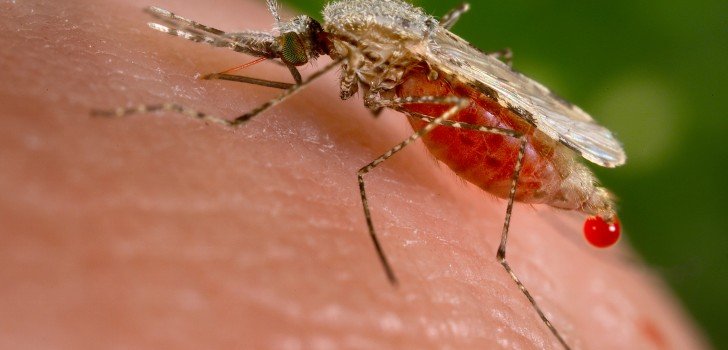Danish scientists may have accidentally taken a huge step towards finding a cure for cancer when they unexpectedly discovered a malaria protein that may be an effective weapon against the disease.
Ali Salanti from University of Copenhagen says the discovery came when researchers were searching for a method of protecting pregnant women from malaria, which can damage the unborn baby as it attacks the placenta. Instead they found that “armed” malaria proteins can attack cancer. They found that a toxin produced by the protein the malaria vaccine uses to destroy malaria cells also kills cancer cells.
The process has already been tested in cells and on mice with cancer. Salanti says she hopes that they can begin human testing in the next four years. The mice had been implanted with three types of human cancers. The tests reduced non-Hodgkin’s lymphoma tumours to a quarter of their size, got rid of prostate cancer entirely in two of six mice, and kept alive five out of six mice that had metastatic bone cancer. In the latter case, all mice in the associated control group died.
“For decades, scientists have been searching for similarities between the growth of a placenta and a tumor,” says Salanti . “The placenta is an organ, which within a few months grows from only few cells into an organ weighing approx. two pounds, and it provides the embryo with oxygen and nourishment in a relatively foreign environment. In a manner of speaking, tumors do much the same, they grow aggressively in a relatively foreign environment.”
“The biggest questions are whether it’ll work in the human body, and if the human body can tolerate the doses needed without developing side effects,” says Salanti. “But we’re optimistic because the protein appears to only attach itself to a carbohydrate that is only found in the placenta and in cancer tumors in humans.”
Stay Connected